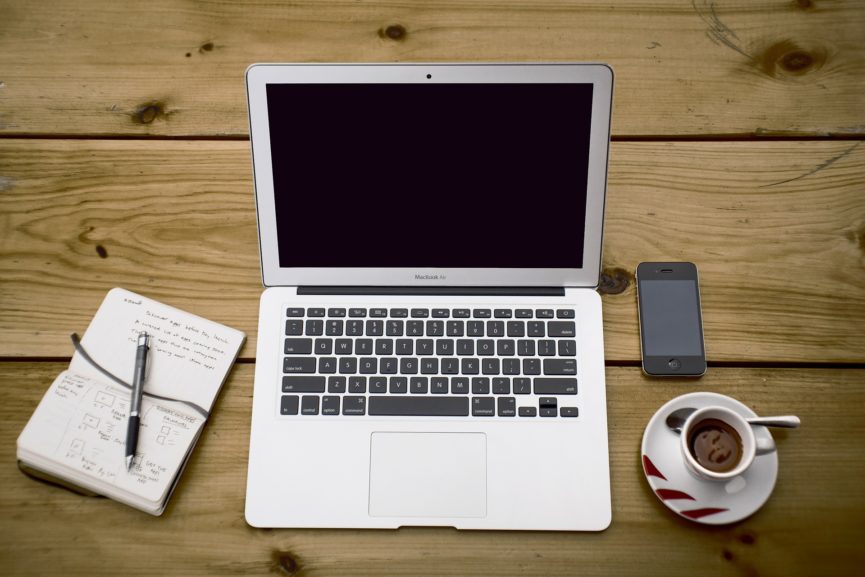What is MINDLESSNESS at work?
Mindlessness is anything that distracts us from being focused on the present moment.
In my profession, I see hoards of people at the top of their game in the corporate world, seeking herbal medicine and diet plans to remedy their symptoms of burn out. Although there is plenty I can offer in terms of natural medicine, the truth is, that without some practice of mindfulness, the effects of mindlessness will, eventually, result in adrenal fatigue.
The majority of hard working people in mainstream western culture are behind the desk, for ten plus hours a day. They often travel extensively interstate or internationally, take little breaks, if at all, and vacations are spent trying to recover from the exhaustion their bodies bear. Nowadays people are constantly ‘plugged in’ and answering emails or taking business calls / attending meetings well outside the parameters of their working hours.
Are you experiencing any of the below examples of mindlessness?
- You experience constant, intrusive thoughts i.e. responsibilities; the next meeting / which client to call next
- Starring at the computer screen whilst consuming your lunch
- Fast food / take-away dinners, shovelled in while staring at the television
- Laying in bed, feeling tired, but wired
- Waking in the night with ruminating thoughts
- Lack of awareness, quality or time given to personal relationships
- Weekends (if taken) spent only running errands – kids to sports, obligatory social events, cleaning the house
- Drowning oneself in alcohol or drugs
- Failing to notice feelings of discomfort in the body or mind, severe or otherwise
- Ignoring tiredness and reaching for caffeine
- Forgetting a clients name moments after they’ve been introduced
- ‘Listening’ to someone, whilst multi-tasking, i.e. Typing an email
- Being so focused on achieving a goal that they’ve lose touch with all details along the way
- Driving home from work, getting out of the car and wondering, how on earth you actually arrived there I.e. Running on auto pilot
- Giving ten things your attention, instead of one at a time
- Not knowing what your passions are anymore
What is MINDFULNESS at work?
Mindfulness can be described as ‘being intentionally present, without judgement, in every moment’. It means being actively aware of our feelings, emotions and physical state. When this happens, the way in which we see the world (and work) can significantly improve.
Changing jobs or cutting down on working hours simply isn’t an option for some. They have a mortgage to pay, kids to school, a family to feed. So how else can the intensity and stress of their lifestyles be better managed, or truly enjoyed?
Imagine what a typical day in your life would be like if you were to practice the following mindfulness techniques:
- Wake up, turn off your alarm and avoid social media for a moment. Breathe deeply, listen for any sounds and feel every muscle as you move from bed. Stretch.
- Truly smell coffee and observe how it feels as the coffee soothes your mouth and throat as you swallow intently.
- Take your shower and watch the water trickle down your skin. Appreciate your body and the warm sensation.
- Take time to organise your breakfast or work lunch. Collect the ingredients, be creative, have variation.
- As you travel to work, look at your surroundings. Watch the trees or the people pass by, smell the air, the pollution or perfumes, the sun, the smog.
- As you enter the office, look at peoples clothes, face, hair as you greet them.
- At meal times, leave your desk and sit outside in nature. Listen to the birds.
- Eat slowly, smell your meal, savour each bite.
- Have conversations with your colleagues and make eye contact, be aware of their body language and facial expressions.
- When you feel scattered or distracted in the day, focus on something, such as your breath. Or, simply stop, and do nothing for two minutes.
Everything around you is constantly changing; the people, the seasons, lights, colours, noises. Notice this; the way you would if you were a photographer seeking to capture the perfect shot. The way you would, as if taking in a view of the ocean, your first day of vacation. Life and work will begin to once again, grab your attention and stimulate your senses.
Benefits for You & Your Company?
People working in the modern corporate world are expected to multi-task, are subjected to high levels of stress, experience sleep difficulties, failed work-life balance, poor energy, inability to concentrate, cravings, high blood pressure, weight gain and susceptibility to adrenal burn out.
Mindfulness can prevent or slow these health concerns, whilst also:
- Increasing focus, productivity and creativity
- Improved attention skills in meetings and at the desk
- Improved social and emotional intelligence
- Increased ability to manage stressful situations
- Balancing emotions, promoting less reactivity
- Reducing sick days / need for stress leave or sabbatical
- Decreased anxiety
- Reduced likelihood of depression
- Increased empathy and compassion amongst colleagues
Mindfulness allows staff and all levels of management to better endure their work day, escaping relentless chatter within their mind, without fear, without distraction or dissociation. This will ultimately lead to superior staff retention and a generally happier team.
